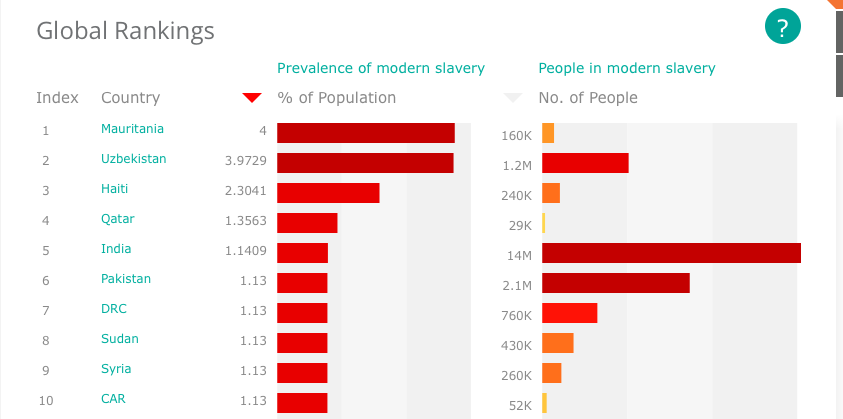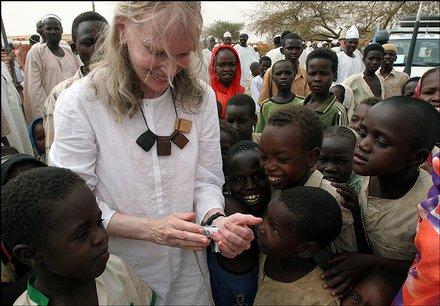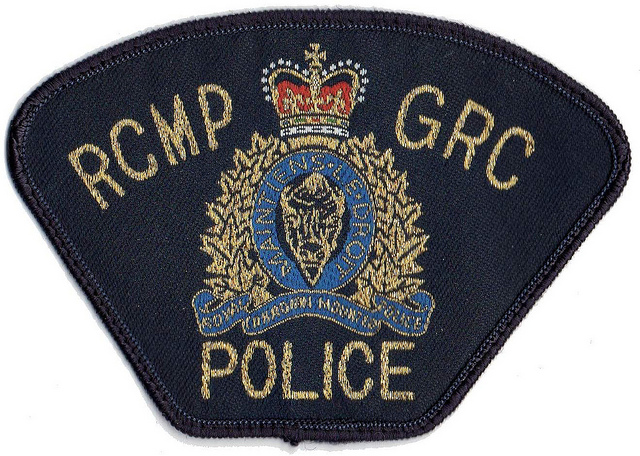Following the annual general meeting of the NATO Council of Canada, directors, members, and guests, were invited to an insightful presentation by Sgt. Peter Moon about the work of the Canadian Rangers in Ontario’s remote and isolated communities.
Clad in their distinctive red sweatshirts and baseball caps, the Canadian Rangers are a volunteer force and a sub-component of the Canadian Forces reserves. Formally established on May 23, 1947, there are currently 4,250 Canadian Rangers serving in 169 communities across Canada, 18 of which are in Northern Ontario. Many Canadian Rangers are Aboriginal and there are a total of 23 different languages spoken.
Sgt. Peter Moon holds the distinction of being the oldest sergeant in the Canadian Forces, having joined the forces after retiring in 1999 from a long and successful career in journalism. Originally from Scotland, Sgt. Moon completed his national service with the Royal Air Force before migrating to Canada in 1957. He is now the public affairs ranger for 3rd Canadian Ranger Patrol Group.
The Canadian Rangers are the military’s eyes and ears in the North hence their motto, “Vigilans”, or “The Watchers”. Their original focus on sovereignty operations and surveillance is still a priority, however the Canadian Rangers also assist in domestic operations. Rangers perform search and rescue operations for missing hunters, trappers, fishers and overdue travelers. They assist in evacuations in cases of forest fires, tainted water, avalanches, and flooding as well as in rescue operations from plane crashes. The Ranger patrol is often the largest organization in a community and thus the first point of aid for the local police. It is there to help on the ground, hours, or even days, before the Ontario Provincial Police can arrive on the scene.
Sgt. Moon stressed the role the Rangers play as leaders in their communities by working with the Junior Canadian Rangers (JCR) Program. Under the Rangers’ supervision, young Canadians, aged 12 to 18, are taught various skills that are transferable to their daily lives. Unlike its Army counterpart, the Canadian Cadet program, which can prove to be too much of a cultural shift for aboriginal youth, the JCR Program is run by local communities, Rangers, and the Army. Junior Rangers are taught life and traditional skills such as tanning hide and fishing, in addition to Ranger skills. The program also gives them the opportunity to participate in an annual summer camp and meet other youth from across the province.
The important work of the Rangers rarely reaches a wider Canadian audience due to the lack of main stream media in those isolated areas, something that Sgt. Moon, as a former journalist, laments. However, despite their underrepresentation in the public eye, the Rangers program has many positive externalities for its citizen-soldiers. Ontario Rangers are invited to the headquarters of the 3rd Canadian Ranger Patrol Group in Barrie in order to receive training from soldiers on search and rescue operations. Rangers are also trained in public speaking, instilling in them the confidence to use these skills in their community. In turn, Rangers now teach first-aid at the Borden-Barrie headquarters. Such exercises build confidence and allow the Rangers to take much pride in their role.
Sgt. Moon also drew the audience’s attention to the challenges faced by Aboriginal communities. Unemployment rates of 78-85% are not uncommon in isolated, northern communities. Low literacy rates are another problem in some areas. For example, the Rangers are trying to implement a situational awareness patrol in the sub-Arctic, but there is reluctance to participate. Rather than filling out the forms and paper work that the job entails, the participants would rather forego three days pay. These are challenges not only for the Rangers, but for the Canadian government as a whole.
Looking forward, and prompted by an audience question, Sgt. Peter Moon stated that the Rangers’ current goal is to have an OPP trained search and rescue team in every community – an initiative that already saves lives. The Rangers program is expanding, with Newfoundland, South Labrador and the Prairie Provinces all mentioned as areas of growth.
Following the entertaining as well as informative presentation and a lively Q & A session, members and guests of the NATO Council of Canada were invited to join the speaker for a reception. We at the NCC hope that we have at least assisted Sgt. Moon in over-coming one of the Rangers’ hurdles – and that is reaching a wider audience with their mission.
By: Monika Wyrzykowska
*Disclaimer: Any views or opinions expressed in this article are solely those of the authors and do not necessarily represent those of the NATO Council of Canada. This article is published for information purposes only.



